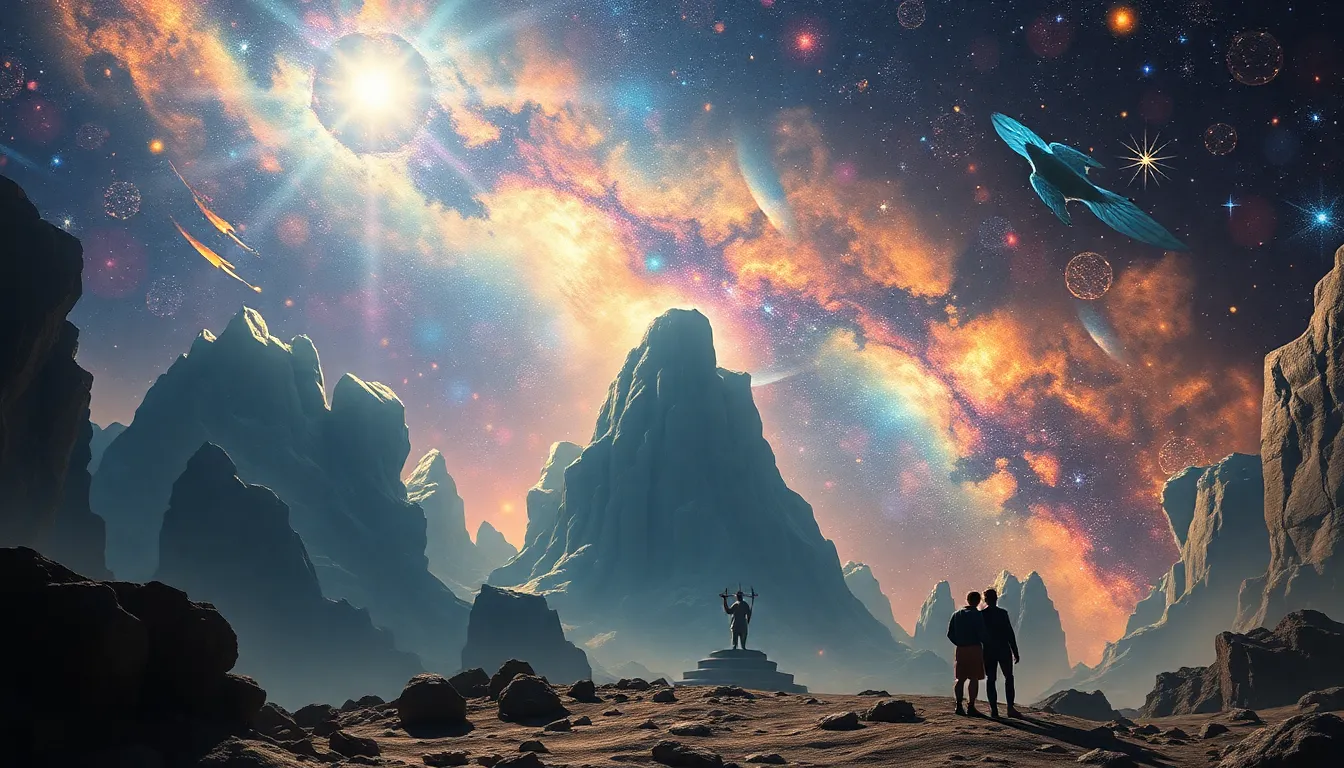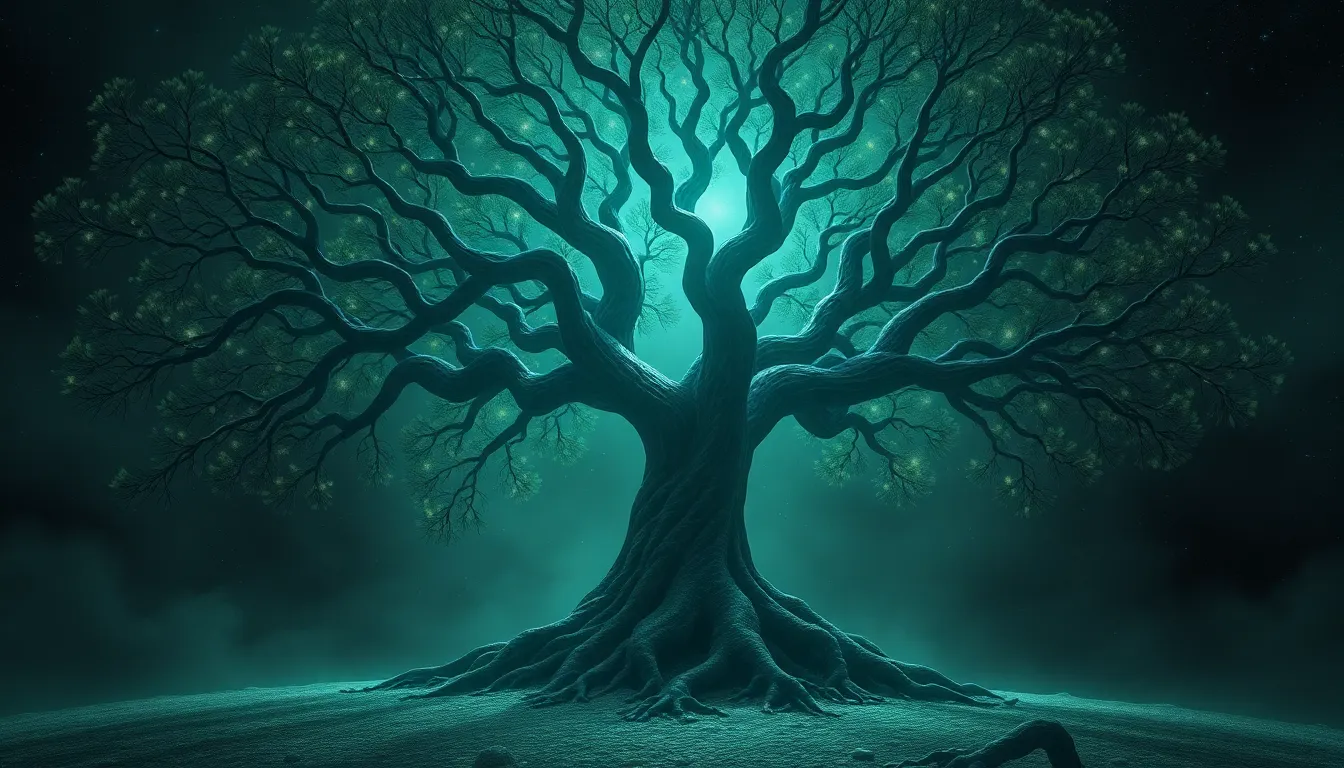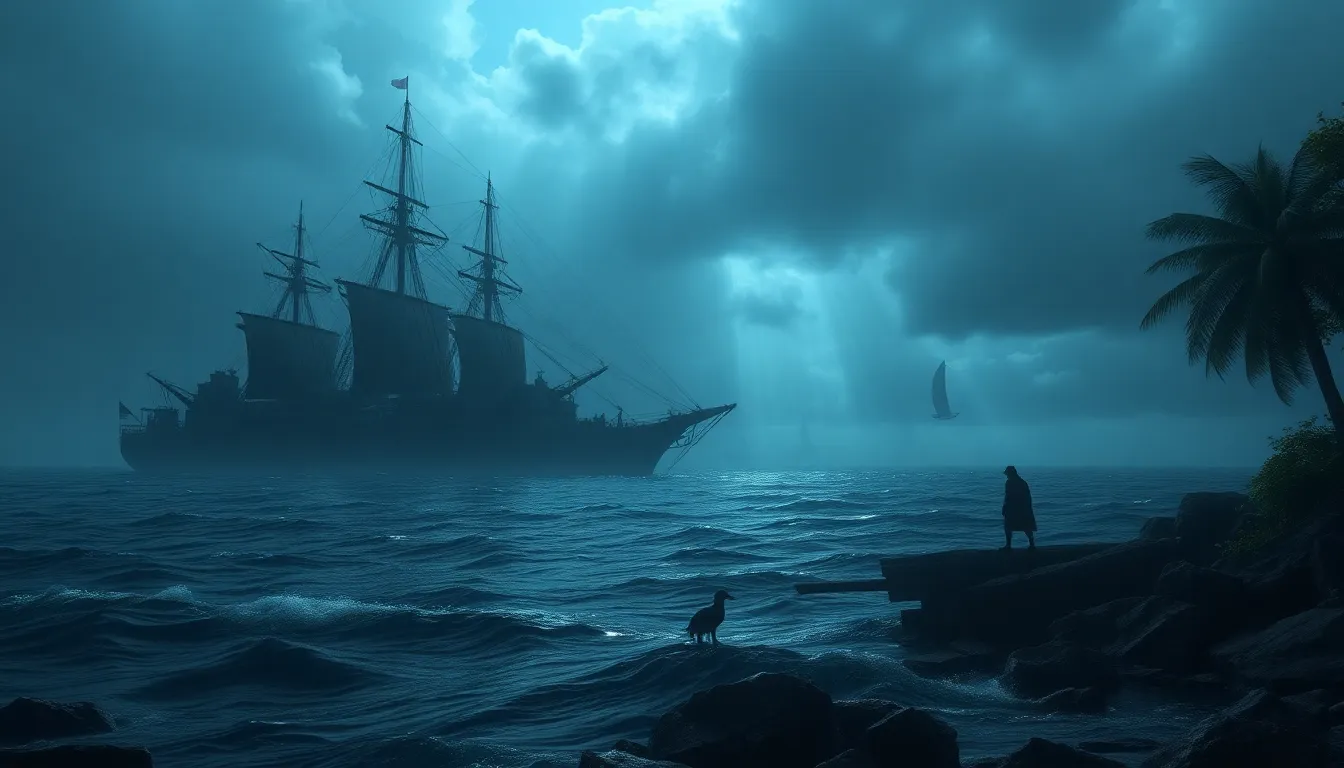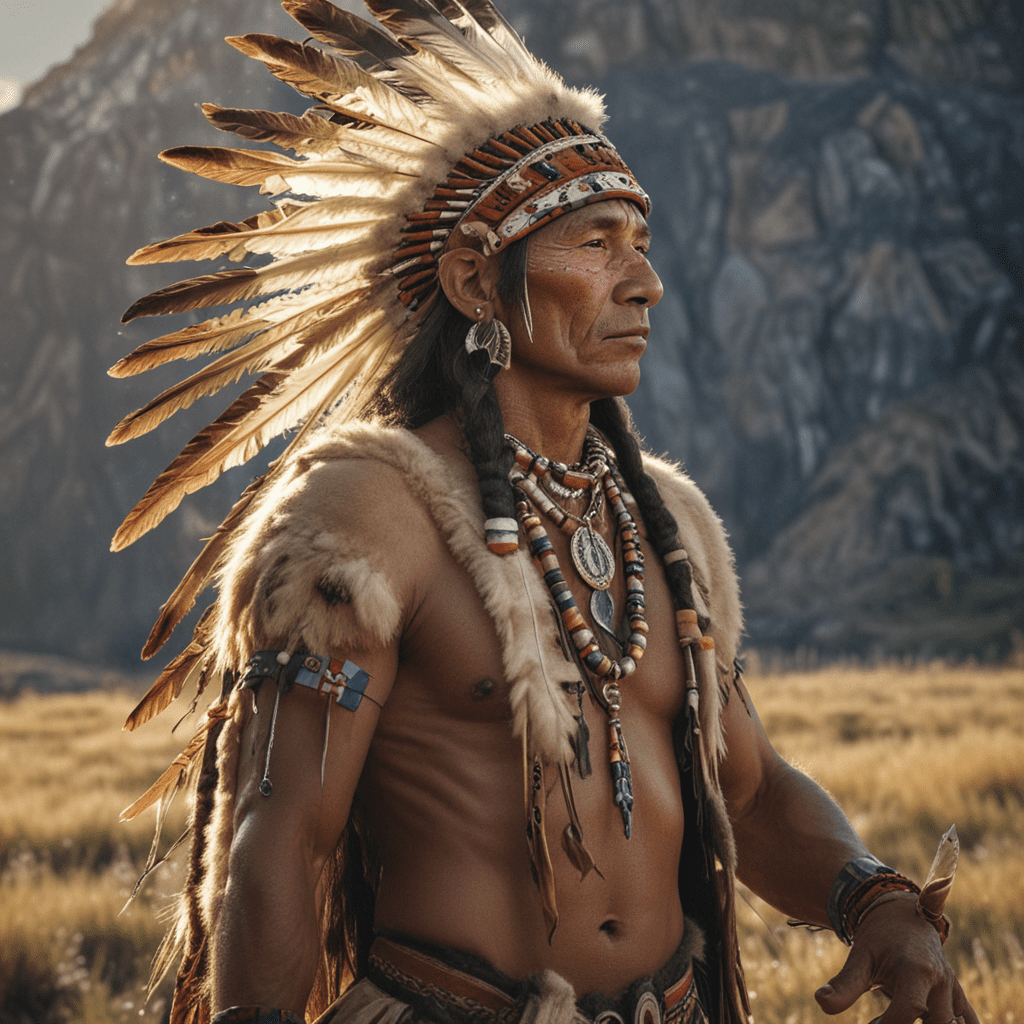The Cosmic Legacy: How Creation Myths Influence Our Future
Introduction: Understanding Creation Myths
Creation myths are traditional narratives that explain the origins of the world, humanity, and the cosmos. These stories often serve as foundational texts for cultures, conveying essential truths about existence, morality, and the universe. Across various societies, creation myths have played a crucial role in shaping worldviews, beliefs, and practices.
Exploring the influence of creation myths on contemporary society is vital for understanding how these ancient narratives continue to resonate today. By examining their significance, we can uncover the underlying themes that connect us to our past and inform our future.
The Universal Themes of Creation Myths
Creation myths share several common elements that transcend cultural boundaries. Among these are:
- The emergence of the universe from chaos or void.
- The role of deities or supernatural beings in creation.
- The establishment of order and structure in the world.
- The relationship between humanity and nature.
These themes not only help us understand existence but also reflect the collective human experience. In today’s world, where existential questions about purpose and identity abound, these ancient narratives offer valuable insights and frameworks for contemplation.
Cultural Perspectives: A Comparative Analysis
Examining key creation myths from diverse cultures reveals the richness of human imagination and belief. Some notable examples include:
- Indigenous Myths: Many Indigenous cultures have creation stories that emphasize harmony with nature, such as the Native American creation myth of Turtle Island.
- Hindu Mythology: The Hindu creation myth involves the cosmic being Vishnu, who creates the universe through his divine will and efforts.
- Judeo-Christian Tradition: In the Book of Genesis, God creates the world in six days, establishing a relationship between humanity and the divine.
Each myth reflects the unique values, beliefs, and cultural contexts of the societies from which they originate. For instance, Indigenous myths often emphasize the interconnectedness of all life, influencing contemporary environmental movements.
Myths as a Reflection of Human Values
Creation myths embody the values and beliefs of their societies, serving as a mirror to the collective psyche. These narratives often convey moral lessons, cultural norms, and ideals that shape community cohesion and individual identities. They are instrumental in:
- Establishing a sense of belonging among community members.
- Transmitting cultural heritage through generations.
- Providing frameworks for ethical behavior and decision-making.
Storytelling plays a central role in preserving these narratives, allowing communities to connect with their past and shape their future based on shared values.
The Influence of Creation Myths on Science and Philosophy
The relationship between mythology and scientific thought is complex. Throughout history, myths have influenced philosophical discourse, prompting questions about existence, knowledge, and the nature of reality. Notable instances include:
- The philosophical implications of the Big Bang theory, which echoes creation narratives of cosmic beginnings.
- The debate between creationism and evolution, which highlights differing worldviews on human origins.
- Mythological themes in existential philosophy, such as the search for meaning and the nature of being.
This ongoing dialogue between mythology and modern scientific understanding invites us to contemplate the fundamental questions of life from multiple perspectives.
Creation Myths in Art and Literature
Creation myths have significantly influenced various art forms, inspiring countless artists and writers. From ancient sculptures to modern literature, these narratives provide a rich source of creativity. Examples of their representation include:
- Literature: Works like “The Epic of Gilgamesh” and “The Bhagavad Gita” explore themes of creation and existence.
- Visual Arts: Artists such as Salvador Dalí have drawn on mythological themes to express existential concepts.
- Film: Movies like “Avatar” reflect creation myths that emphasize the connection between humanity and nature.
These modern interpretations highlight the enduring relevance of creation myths in contemporary culture.
The Role of Creation Myths in Environmental Awareness
Creation myths often convey profound insights about nature and our place within it. Many Indigenous narratives promote sustainable practices and a deep respect for the environment. For instance:
- Stories that depict the Earth as a living entity emphasize stewardship and conservation.
- Myths that celebrate the balance of ecosystems inspire efforts to protect biodiversity.
These narratives can inform modern conservation efforts, reminding us of the interconnectedness of all life and the importance of preserving our planet.
Technological Advancements and the Evolution of Creation Narratives
Technology has transformed how we retell and reinterpret creation myths. Digital media allows for new expressions of these ancient stories, making them accessible to broader audiences. Notable trends include:
- Interactive storytelling through virtual reality experiences.
- Adaptations of myths into video games and films, creating immersive worlds.
- The rise of social media platforms as spaces for sharing and discussing mythological themes.
As society evolves, so too do our creation narratives, reflecting the complexities of modern existence.
The Future of Creation Myths: Relevance in a Changing World
Creation myths hold adaptability in addressing contemporary issues such as climate change and social justice. As we face new challenges, these narratives can evolve to provide guidance and inspiration. Potential future developments include:
- Reimagining myths to advocate for environmental sustainability and ecological balance.
- Integrating themes of social justice and equality into traditional narratives.
- Maintaining a dialogue between ancient wisdom and modern realities to foster resilience.
By keeping these stories alive, we can navigate the complexities of our world with the wisdom of the past.
Conclusion
The exploration of creation myths reveals their profound influence on our understanding of existence, culture, and values. As we continue to grapple with the challenges of the modern world, these ancient narratives provide a wellspring of wisdom and insight. By appreciating their relevance and adaptability, we can forge a connection between our past and future, ensuring that the cosmic legacy of creation myths continues to inspire generations to come.



